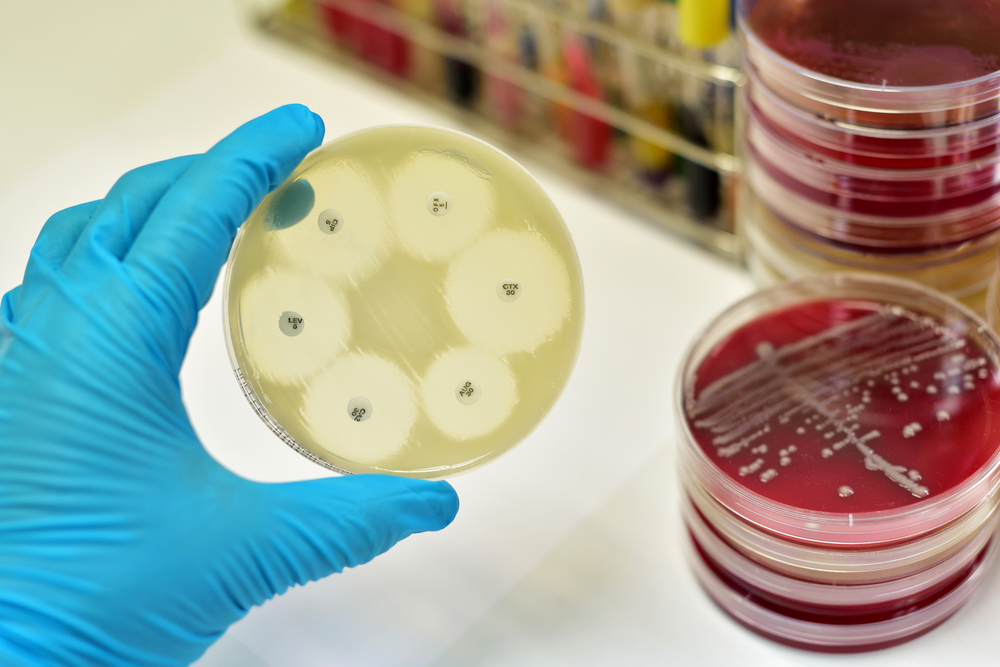
The World Health Organization (WHO) has launched a global campaign urging governmental adoption of the AWaRe tool to reduce the spread of antimicrobial resistance, adverse effects, and costs.
The AWaRe tool was developed by the WHO Essential Medicines List. It files antibiotics into three groups: access, watch and reserve, on the idea that altering use accordingly could help contain resistance and make antibiotics more effective on the whole. It lays out the proper antibiotics to use for common and serious infections and separates out which drugs should be readily available and which should be held in reserve.
“Antimicrobial resistance is one of the most urgent health risks of our time and threatens to undo a century of medical progress,” WHO Director-General Tedros Adhanom Ghebreyesus said. “All countries must strike a balance between ensuring access to life-saving antibiotics and slowing drug resistance by reserving the use of some antibiotics for the hardest-to-treat infections. I urge countries to adopt AWaRe, which is a valuable and practical tool for doing just that.”
With adoption, WHO wants to increase consumption of antibiotics in the “Access” group to at least 60 percent, while simultaneously reducing the use of antibiotics most at risk from the rise of resistance in the “Watch” and “Reserve” groups. The difference between the groups is largely in terms of cost and what they target. The “Access” group are narrow in their focus, targeting specific microorganisms rather than going for a sort of shotgun effect, which consequently means they have a lowered risk of resistance.
In the kick-off for its campaign, WHO cited a report by the International Coordination Group on Antimicrobial Resistance, which recently estimated that more than 50 percent of antibiotics in many countries are being used inappropriately and actively contributing to antimicrobial resistance.
“Antimicrobial resistance is an invisible pandemic,” Dr. Mariângela Simão, Assistant-Director General for Access to Medicines, said. “We are already starting to see signs of a post-antibiotic era, with the emergence of infections that are untreatable by all classes of antibiotics. We must safeguard these precious last-line antibiotics to ensure we can still treat and prevent serious infections.”

